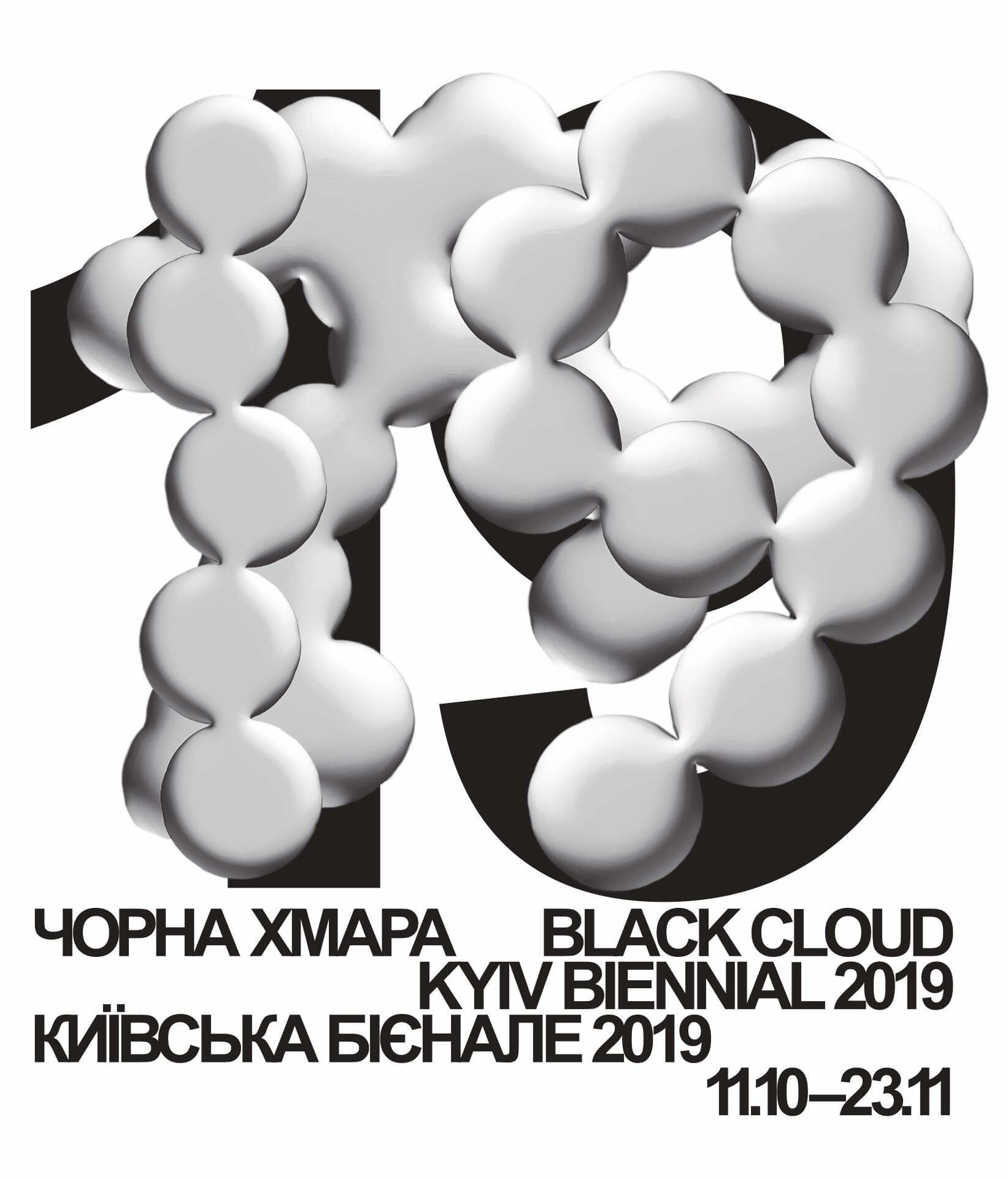
The third edition of an experimental biennial forum for art, knowledge and politics – Black Cloud – Kyiv Biennial 2019, taking place on October 11 – November 23, is aimed at developing a consistent understanding of the last three decades in the history of Eastern Europe, largely defined by the Chernobyl disaster of 1986, the subsequent collapse of the Soviet bloc, and the emergence of a unipolar global regime of governance equipped with a new technological arsenal – the cloud of big data, surveillance in the web and digital forms of warfare.
The disintegration of the Socialist bloc has led to the global dominance of the ideology of financial capitalism. The fall of the Berlin Wall, a symbol of the Cold War, was celebrated as a shift to a dynamic network system of power epitomized through the inception of the world wide web in the same years. However, post-communist transition resulted in growing inequalities, expanding state apparatuses, triumphant nationalism and new types of physical and electronic walls that sprung up around the globe. The promise of Velvet Revolutions to overcome the historical division and political isolation of Europe’s East has been turned into the fortification of Europe obsessed with border control that became the main topos of the state of exception today.
The collapse of the Second World meant the general loss of the political alternative to capitalism when revolutionary or reformist emancipatory projects have been put into a black box of ‘the end of history.’ Therefore, the Black Cloud is not something we are facing to come, it is what we are already in. Today, considering the current dangerous, threatening or even catastrophic trends – from ecology and the use of technologies to new authoritarianism and warfare spreading with the speed of wildfire, – we often try to keep some illusory optimism hoping that it is still possible to get back to business-as-usual, to a relative socio-political norm. But we are actually not pessimistic enough in that regard, falsely keeping a phantasmal hope. In a sense, this biennial edition intends to take that hope away – because such a deceptive hope is, perhaps, the main obstacle and reason, why we agree to accept our present status quo instead of trying to change it.
The Black Square of the 20th century has turned into the Black Cloud in the 21st, so entering the Black Cloud, leave aside your vain illusions and useless expectations. What we need today is some courage to think about the world in the situation without any alternatives. Paradoxically, the infamous acronym TINA (There Is No Alternative) coined by Margaret Thatcher has become a sort of a self-fulfilling prophecy – nowadays, we indeed found ourselves in a unique historical period, when probably for the first time, there is no real political alternative to the global logic of financial capitalism on the horizon whatsoever. And what we observe is just extremely growing authoritarianism and a new right-wing consensus – there is no far-right any more, it is now in the mainstream political center.
This year’s Kyiv Biennial is conducted as part of the newly established East Europe Biennial Alliance that comprises also of Biennale Matter of Art in Prague, Biennale Warszawa, and OFF-Biennale Budapest. The creation of such an international inter-biennial alliance is a new step in the art biennial world that sets an important institutional precedent – it should be interpreted as a contraposition in the realm of culture to those dominant reactionary and regressive ideological tendencies that are defining, in particular, the political conjuncture of Europe’s eastern and southern (semi-)peripheries. Over the last decade, those regions have become a battleground for proxy wars and an authoritarian avant-garde championing right-wing populism as a general upcoming prospect.
In the current historical conditions, we see a growing need to position Eastern Europe and the Middle East within different geopolitical divisions and introduce the concept of the ‘Middle East Europe.’ Such a transregional merging basically opposes the notion of ‘Central Eastern Europe,’ which is an attempt to erase ‘easternness’ as a second-class Europe becoming more ‘central’ and ‘Western,’ in order to overcome ideological amnesia and rediscover their common socialist past. The creation of trans-local knowledge through interconnecting (semi-)peripheries of the former West and reopening the experiences and emancipatory prospects of the ‘Middle East Europe’ after the disillusionment of capitalist transformation would contribute to imagining an alternative European project for the future.
For more information visit: https://blackcloud.info/
![Political Critique [DISCONTINUED]](https://politicalcritique.org/wp-content/uploads/2015/09/Political-Critique-LOGO.png)
![Political Critique [DISCONTINUED]](https://politicalcritique.org/wp-content/uploads/2015/09/Political-Critique-LOGO-2.png)